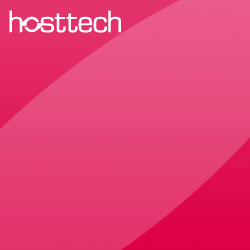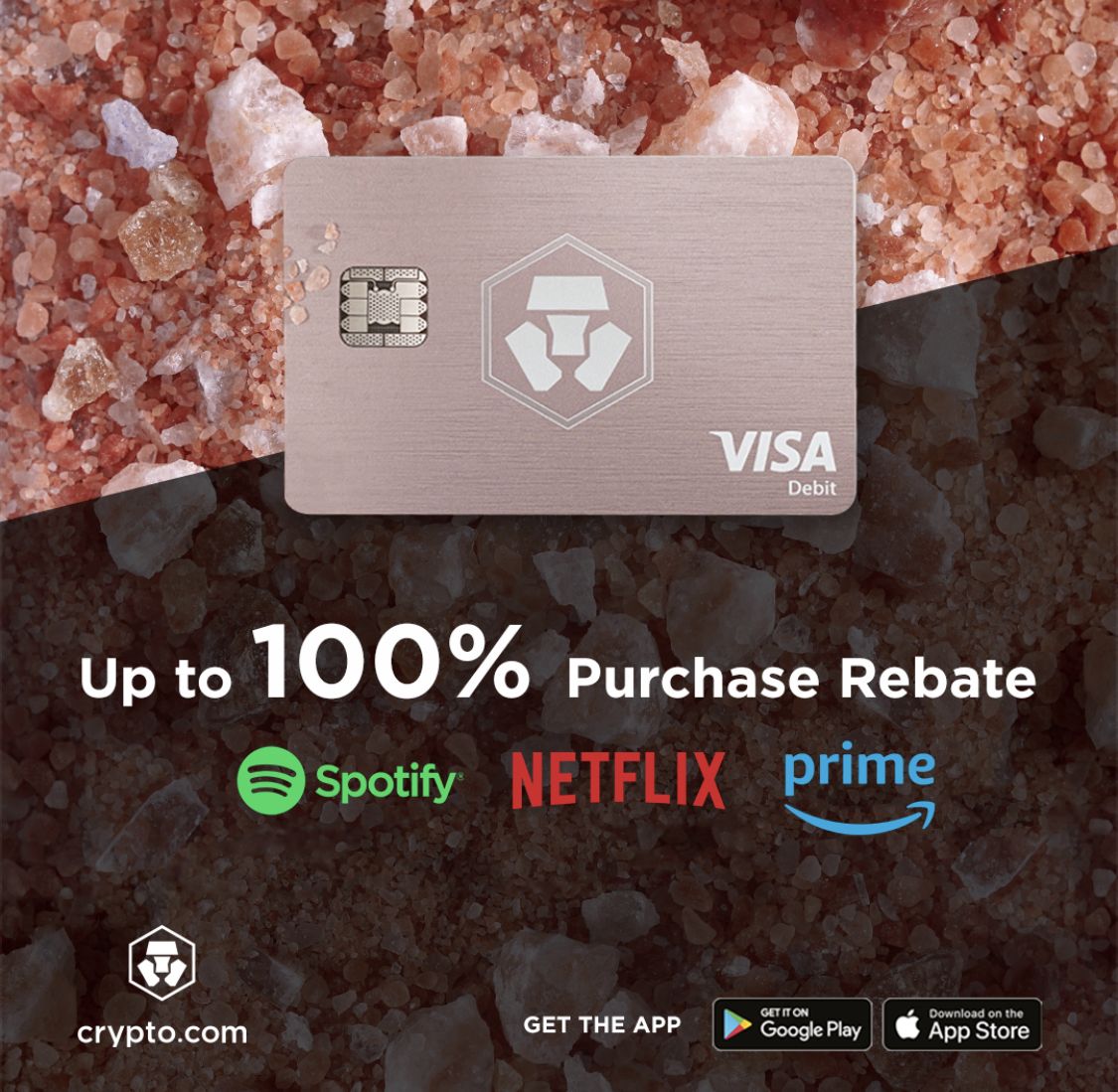Thanks to CellC, Facebook’s Internet.org will become South Africa’s anti-privacy internet proxy
South Africa’s CellC CEO Jose Dos Santos “proudly” announced that from today, 1st July 2015, CellC in co-operation with Facebook will offer zero-rated internet access to Facebook and a handpicked number of South African websites. In simple terms, you download a Facebook app which will channel/proxy all your traffic through Facebook and when you post your next Gumtree ad or browse for adult-services on OLX, you can be certain that Facebook will snoop your traffic and usage behaviour for future commercial/marketing purposes.
This is not fear-mongering, as Facebook’s Internet.org participation page summarises the requirements how companies such Gumtree and OLX have to participate:
Your site(s) may be proxied to make your content available through Internet.org.
In order for your content to be proxied as described above, your URLs may be re-written and embedded content (like javascript and content originating from another domain) removed. In addition, secure content is not supported and may not load.
The above two statements alone will keep Snowden awake at night, as it means that Facebook will snoop your traffic and participating sites will serve your traffic unsecured which means that all content can be scraped and read. Nothing will stop Facebook from injecting advertising content as well as profile it’s users browsing behaviour.
Facebook’s actions have never been charitable and privacy has always been debated. Just over the weekend, Facebook released a LBGT app which allows users to re-theme their profile picture to support the LBGT community. While on the surface a nice thing to do, my first thought was “Ok, if I use the Facebook CelebratePride app to change my profile picture, Facebook has another demographic data-point about my interest/support and will be able to target me with advertising, apps and other LBGT related content”. I doubt many thought about such “innocent” Facebook initiative/experiment.

So how does Internet.org work? It is quite simple – Facebook partners with a mobile communications company such as CellC and offers free access to Facebook and a number of hand picked sites. While Zuckerberg defends this initiative as a “Bring Internet to the poor”, it is realistically more a “Bring poor Internet to the poor” – this is especially true when for one, traffic from those hand picked sites has to be non-secure (i.e. no SSL / HTTPS / TLS) and Facebook itself decides which websites will be zero-rated. I am actually quite surprised that Facebook’s Internet.org app does not install itself as a proper proxy-profile on mobile device which would proxy all traffic through it’s service. Right now it seems that only links clicked within Internet.org’s app will be proxied – so in essence a “Facebook web-browser” of sorts.
Facebook’s “internet philanthropy” certainly speaks against net neutrality and unfortunately will target consumers who are already disadvantaged and lack the understanding how their access to information can be profiled and used for commercial- and marketing purposes. Facebook’s free (but restricted) internet service could open up users to security holes and vulnerabilities, purely because Facebook does not allow participating sites to use SSL or TLS – security protocols which are used to encrypt web-traffic and which protect users from online attacks.
In my mind, Facebook’s Internet.org will provide a “second-class” internet experience and although Zuckerberg supports net-neutrality, his latest project seems to only support Facebook’s own version of net neutrality. A case in point are the websites supported on CellC’s “free internet”:
- Marketplaces: Gumtree, OLX
- News: BBC News, News24, SuperSport
- Finance and jobs: Careers24, DAI, SmartBusiness, Money Matters
- Education: BeSmart, LoveWords, FunDza, Scholars4Dev, Wattpad, WorldReader, D-Siders
- Health: Health24, BabyCentre and MAMA, HIV360, Unicef Facts for Life
- Information: Bing, Cell C, WikiHow, Wikipedia
- Women: Intel She Will Connect, Girl Effect, iLearn
In simple terms, we can not call it net neutrality, if Internet.org offers a limited selection of websites and I think all alarm bells should go off, once banking services or websites carrying personal information are accessed in a non-secure way via Facebook’s “internet-proxy-service”. It is already alarming, that sites such as Gumtree, OLX, Careers24 allow access to personal and transactional information via unencrypted transport.
There is no doubt, that thousands of South African CellC users will use the above stripped-down services and will disregard their right of privacy and will be perfectly happy that Facebook monitors their surfing behavior and interests as well as be more than happy to have interest based advertising served to their cell phones.







Recent Comments